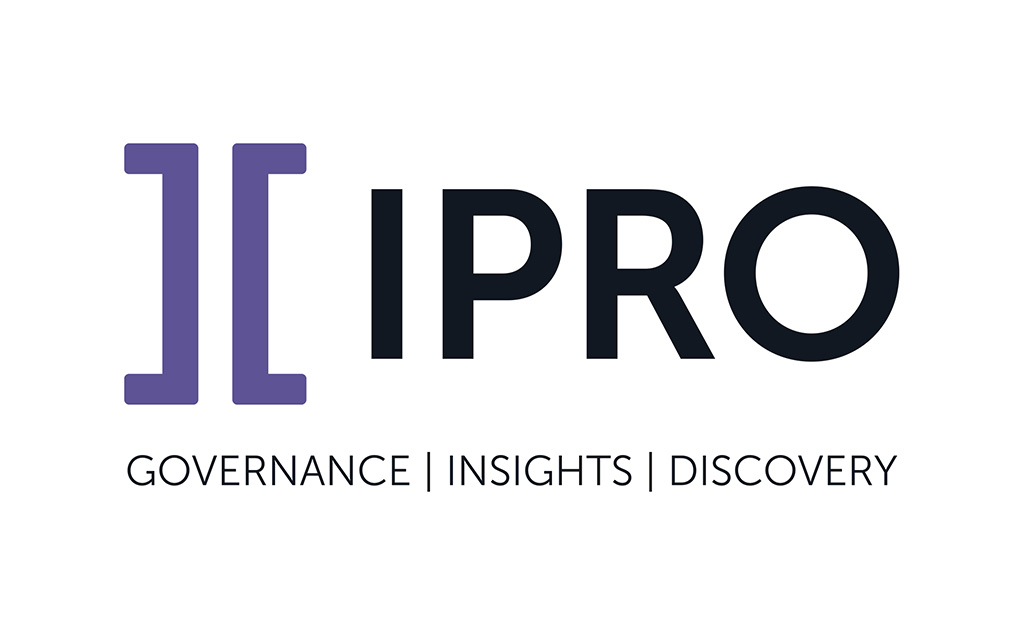
When it comes to data management, financial services organizations face many of the same data concerns other corporations do, including:
- An exponential increase in the amount of data created, stored, archived, and deleted
- A lack of understanding of value of all that data, both to the organization and custodians
- Various federal regulations covering the privacy and security of data
- Enormous financial and reputational risks if data is exposed or breached
Often when organizations across any industry focus on Information Governance to mitigate these challenges, they only concentrate on the risks and requirements when handling their private data. But any Information Governance programs financial services organizations implement also must balance with the need to access, utilize, and analyze their data for operating purposes.
In addition to these challenges, with the various types of data financial services organizations manage by the nature of their market, they have several unique compliance requirements they must follow when handling data, including:
- Protection of unauthorized access to Private Personally Identifiable Information (PII),
- Compliance with regulatory frameworks like the Payment Card Industry (PCI) Data Securities Standards (DSS) and the Privacy Act of 1974, and
- Oversight from institutions such as the Securities and Exchanges Commission (SEC) and the Financial Industry Regulatory Authority (FINRA).
The Challenges of Legal Holds in Financial Services Companies
Further complicating data management for financial services organizations, their IT and legal teams often discover the necessity for additional processes and solutions after a legal hold or third party request for a large amount of data is received.
Without the right processes and systems, IT departments can struggle with the amount of time it takes to gather the requested data—or even understanding what data is relevant to the request–while sifting out unrelated, protected data. And as a result, legal departments may waste valuable time reviewing data unrelated to the request, including redundant, outdated, and trivial (ROT) data points that could have already been removed from the organization’s data storage system.
Solutions for Legal Data Management in Financial Services Corporations
IPRO provides solutions, including Live EDA, for financial services corporations that enable faster access and review of data relevant to a case, while helping meet regulatory, and operational challenges.


